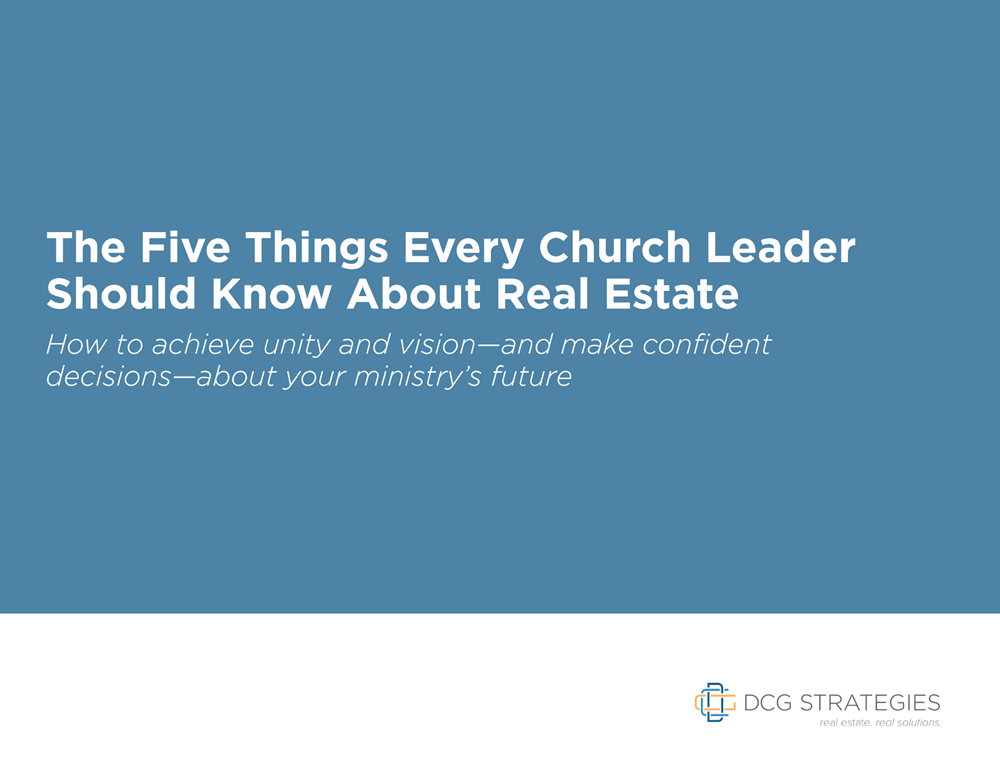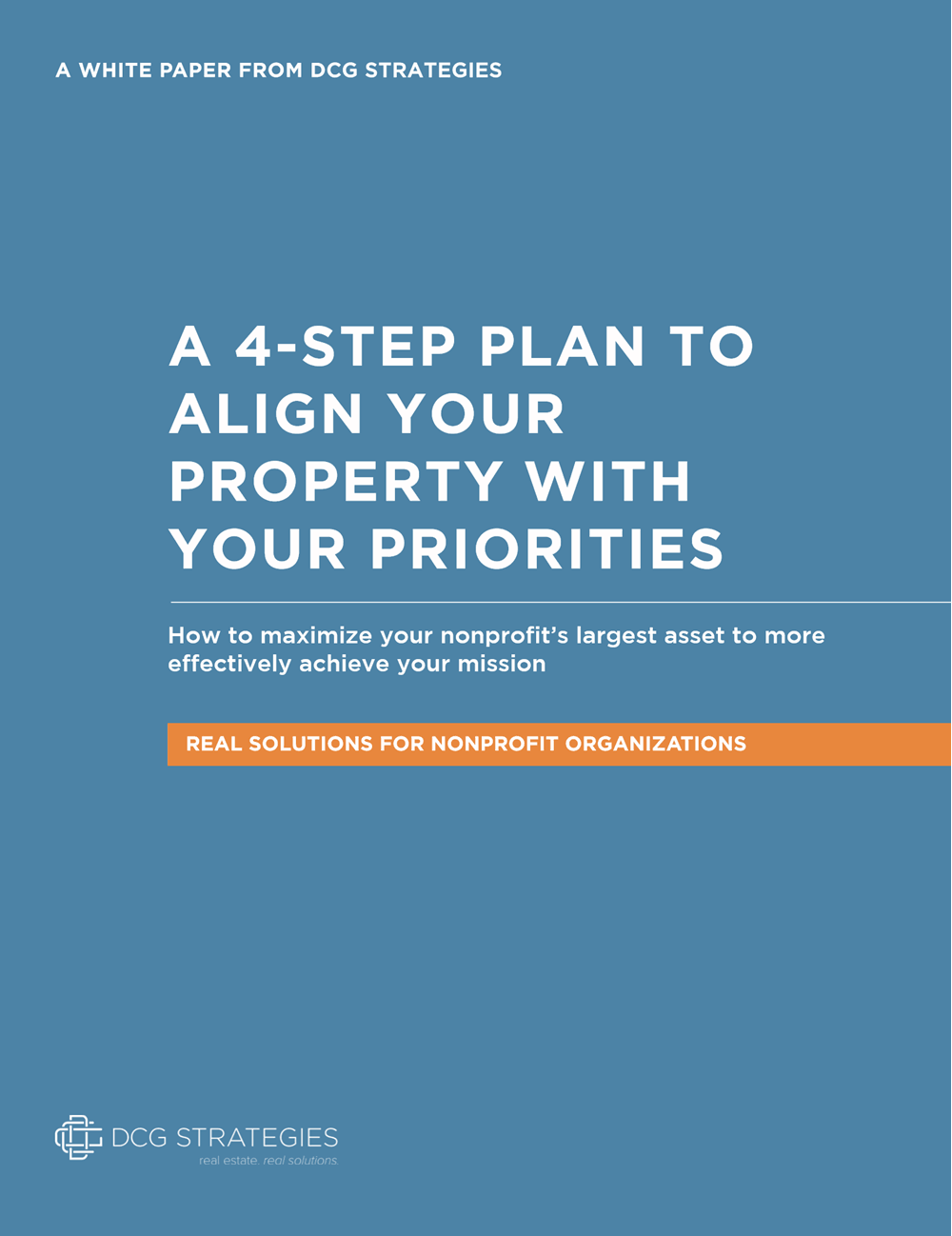Do you have a church for sale, or is your church struggling to support itself? You’re not alone. All across the country, churches are fighting to reconcile their changing demographics Today’s churches are learning to adapt by bringing in multiple sources of income, starting with an asset they already own: the church building. Below are seven ideas to get your church started on the path to financial stability.
Host Community Events
Take a look at the events happening in your community. Does the international community host a cultural event each year? Are local schools putting on plays and concerts? Maybe your church has a space that’s more suited to a performance than the school cafeteria. Let church members use their community connections to offer the building to local organizers for a fee.
Rent Space to a Business
A longer-term solution is to rent part of your church building to a for-profit business. Churches in California and other states partner with SpotOn to rent out unused parking space during festivals, events, or to nearby businesses who need more parking. Other church buildings might have an extra classroom or office space that could be leased to coworking spaces or local startups. It’s helpful to work with a professional when drawing up a new lease; a real estate expert can advise you on the property’s rental value and help calculate things like property tax on the for-profit portion of the building.
Host a Farmer’s Market
What does your church parking lot look like when there’s not a service going on? Chances are it’s sitting empty. Outdoor space can be valuable, too; think of food truck fairs and farmers markets. Vendors can pay a small fee to rent a spot, generating income for the church. You’ll also be helping to make fresh food accessible in your community, a vital good deed in the current era of food deserts. Look into obtaining a license that would allow your market to accept Supplemental Nutrition Assistance Program (SNAP) benefits — some cities even have matching programs that double the value of SNAP benefits when families spend them at farmer’s markets.

Rent Space to a Daycare
Many churches already do this, and for good reason. Daycares pair well with churches that already have classroom space, a playground, and lots of free time during the week. Access to convenient childcare can make a huge difference to working families in your area, and filling their needs this way can also increase your church’s visibility among a younger demographic. When leasing to a daycare, make sure to double-check its license and insurance policy showing that the church is an insured property.
Build Affordable Housing or Workforce Housing
Consider doing something practical to help alleviate the housing crisis in your area. If your congregation is thinking of putting up your church for sale, consider designating it into affordable housing for your community. You might even be able to retain ownership of the property by partnering with a developer — either way, it will bring in money while serving the community.
Provide Storage Space
Maybe your extra space isn’t particularly suited to a tenant or an event. In that case, it might be useful for filling community storage needs. Talk with local community leaders to see if they need a place to keep seasonal decorations and banners, voting equipment, festival gear, archived files, or anything that doesn’t require frequent access.

Rent to Another Church
A different kind of congregation is burgeoning, even as traditional congregations lose members: small, immigrant churches. These are groups typically made up of about 50 people who gather to worship and pray in their own language with customs brought over from their home countries. They need space to assemble and hold services, but often can’t afford their own building. In areas like Tulare, California rented out worship space for a new Hispanic church, Casa de Adoracion Tulare. In addition, the new church runs the daycare center that ultimately helped both churches gain more exposure to the community while serving a need in the neighborhood. This practice of church sharing benefits everyone: the host church collects rent, the tenant church gets a home, and both have new opportunities for learning from each other.
Although each idea can help generate revenue, they can also help spread the word about a church and grow membership. The real mission is to earn enough revenue to continue helping the community, and there are ways to combine both profits and service so everyone benefits. If you need help deciding which opportunities are right for your church, or you simply want an expert to look over your church’s lease agreement with a tenant or consider putting up your church for sale, contact DCG Strategies for a consultation. We specialize in helping churches with a mission-forward approach to real estate from affordable housing to workforce housing and beyond, and we would be glad to hear from you.







